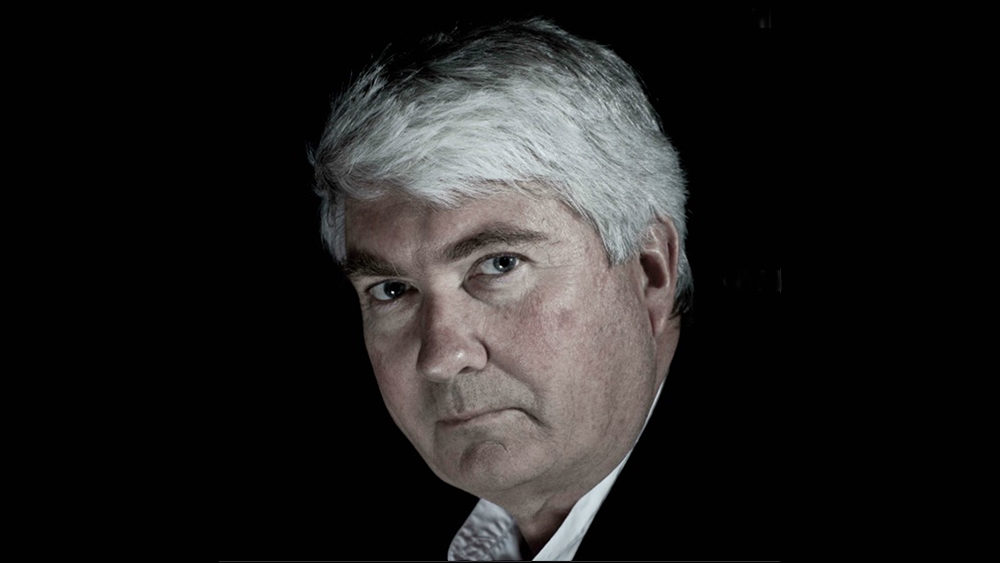Frank Brennan, Catholic priest and professor of law at the Australian Catholic University doubts that the Religious Discrimination Bill will get through the Senate. The “meddlesome priest” (as Paul Keating dubbed him), was on the Ruddock panel inquiry into religious discrimination which led to the new law, so he is well qualified to discuss the proposed law.
He did just that earlier this month when he delivered the annual Barry O’Keefe Memorial Lecture at the Australian Catholic University in North Sydney. An edited version of the talk is on the ABC site here. He believes that the Morrison government is proposing a “Religious Discrimination PLUS Bill” with “some bells and whistles you would not expect to find in a standard piece of anti-discrimination legislation”.
“I do hope that our federal politicians will have the good sense to legislate a neat and clean Religious Discrimination Act.” – Frank Brennan
Those bells and whistles include special provisions to deal with the Tasmanian laws which caused Catholic Archbishop Julian Porteous to be hauled before the state’s Anti-Discrimination Commissioner (for issuing a pamphlet on Catholic teaching about the family) – as well as to deal with the Israel Folau issue.
Brennan believes that a “Religious Discrimination PLUS Bill” will not pass the Senate. “I do hope that our federal politicians will have the good sense to legislate a neat and clean Religious Discrimination Act”, while also hoping NSW and SA politicians will deal with their states lack of protection for religious discrimination.
He describes the Ruddock panel’s thinking: “If you have a Sex Discrimination Act, age discrimination legislation, disability discrimination legislation and a Racial Discrimination Act, then why not a religious discrimination act? We recommended ‘that steps be taken … to develop a Commonwealth Religious Discrimination Act directed at the provision of comprehensive protection against discrimination based on religious belief or activity, including the absence of religious belief.’”
However the meat of the Brennan talk is about schools, and he suggests a compromise. Just like political parties, womens groups or aboriginal organisations, schools should “able to choose leaders for their staff who are animated by and supportive of the school’s religious ethos and beliefs.” Note that Brennan says leaders, and not all staff.
On the relationship between church (or Christian schools) and the LGBTIQ community, Brennan suggests this way forward: “Those running Church schools need to work out how best to accommodate all students — including those being brought up by same-sex couples and those who identify as LGBTI — and how best to treat all staff — including those who enter into a civil same-sex marriage.”
“We are entitled to conduct our institutions consistent with Church teaching but not in a manner which discriminates adversely against those of a different sexual orientation. We should treat them in the same manner as those of a heterosexual orientation.
“If we were to insist that all heterosexual teachers be celibate or living in a sacramental marriage, we would have a case for discriminating against teachers in a same-sex relationship. But given that we turn a blind eye (or perhaps even a compassionate and understanding one) to those heterosexual teachers not living in a sacramental marriage, we should surely do the same for those thought to be living in a same-sex relationship.”
There are some schools that do insist that all heterosexual teachers be celibate or married. Brennan has the Catholic schools in mind. Organisations such as Christian Schools Australia, which represents lower fee schools, and the Sydney Anglican, Adventist, Lutheran schools and other networks will be fighting hard to allow schools to insist on these standards. But whether Brennan is right about the Senate will be key.
Is a fall back position viable? Brennan is convinced that religious Australians are swimming against the tide. “There is still hard work to be done to convince both politicians and judges that religious folk are entitled to equal protection of the laws, especially when their religious views are at variance with those of the general public and the intellectual elite of an increasingly secular society and secularist state.”
His reasoning is the increased secularisation of Australia means that the nation is out of sympathy with us. This raises the question of whether the maintenance of religious control of a large proportion of schools or welfare organisations is feasible.
“If the values are changing, so too will the laws and policies.” – Frank Brennan
“Fewer Australians now value the entitlement of religious folk to maintain the religious ethos of their institutions which are in receipt of taxpayer funds to provide services to the general community regardless of their religious affiliations,” says Brennan.
“They draw the line at religious employers or religious service providers discriminating against individuals on the basis of unchangeable personal attributes in the name of religious freedom.
“More Australians now value equality and respect for all persons wanting to access services or seek employment regardless of their gender or sexual orientation.
“If the values are changing, so too will the laws and policies. That would be the case whether or not Australia had a constitutional or legislative bill of rights.”
Email This Story
Why not send this to a friend?



